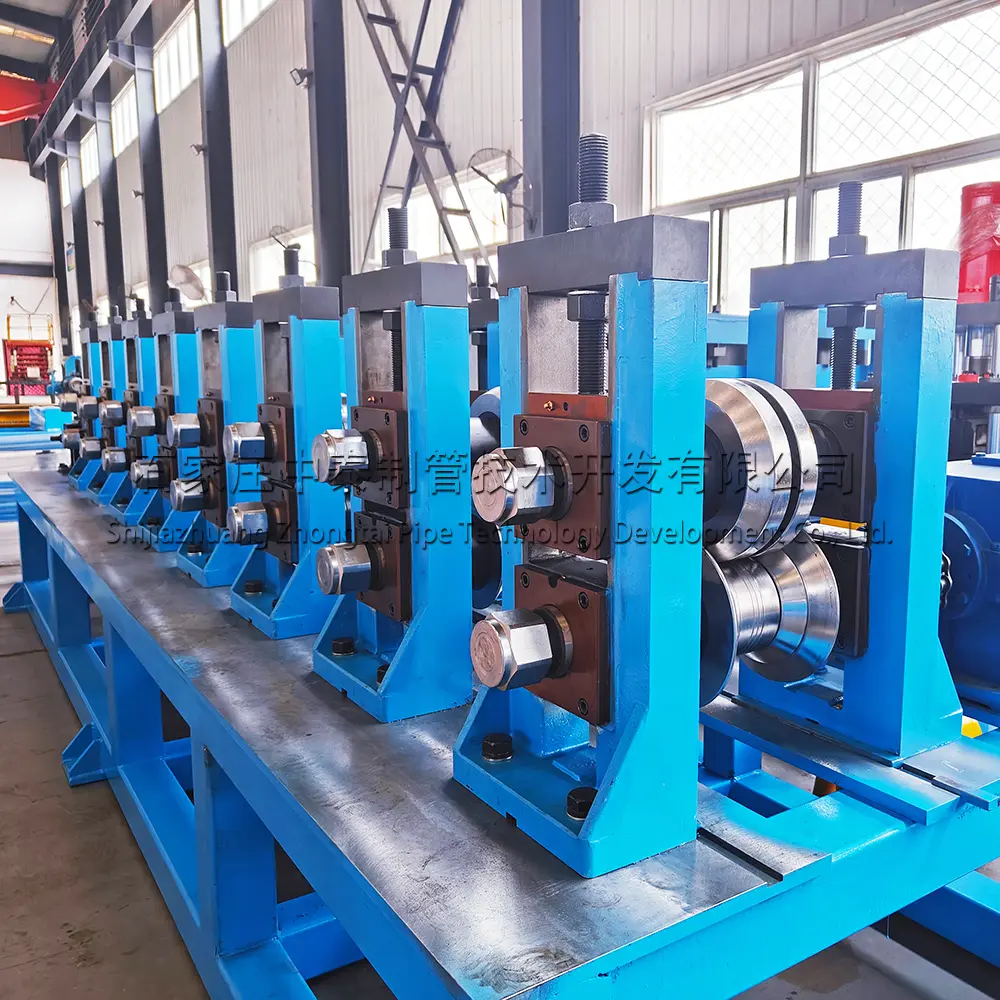In our increasingly interconnected world, effective cross-cultural communication is crucial for businesses looking to expand their reach and establish a global presence. Translation agencies play a pivotal role in facilitating this communication, offering a range of services that go far beyond simple language translation. Here’s how translation agencies enhance cross-cultural communication:
- Accurate and Contextual Language Translation: At its core, a translation agency’s primary function is to translate content from one language to another. However, it’s not just about replacing words with their equivalents; it’s about conveying the true meaning and context of the message. Professional translators understand the intricacies of languages, including idiomatic expressions and cultural references, ensuring that the translated content is not only accurate but also culturally sensitive.
- Cultural Adaptation: Translation agencies understand that effective communication goes beyond words. They provide cultural adaptation and localization services, tailoring content to resonate with the specific cultural preferences, norms, and nuances of the target audience. This includes adjusting not only language but also visuals, design elements, and even product offerings to better suit the local market.
- Specialized Expertise: Many translation agencies have specialized translators with expertise in various fields such as legal, medical, technical, and marketing. This ensures that the terminology and nuances specific to a particular industry are accurately conveyed in the translated content. This is particularly crucial for industries with highly technical or regulated language, such as pharmaceuticals or legal services.
- Certified and Legal Translations: For documents with legal implications or official purposes, such as contracts, immigration papers, or patents, translation agencies provide certified translations. These translations are legally valid and maintain the original document’s integrity, ensuring that businesses can confidently engage in international legal proceedings and transactions.
- Website and Software Localization: In today’s digital age, businesses need to adapt their online presence and software applications to cater to global audiences. Translation agencies excel in website and software localization, ensuring that user interfaces, content, and functionality are not only translated but also culturally relevant and user-friendly for people from different linguistic backgrounds.
- Consistency and Brand Integrity: Translation agencies maintain consistency in translations across various documents and materials, preserving a brand’s integrity in different markets. This consistency helps in building trust and recognition among international audiences.
In conclusion, translation agencies are indispensable partners for businesses looking to communicate effectively across cultures. They offer a range of services that encompass language translation, cultural adaptation, specialized expertise, and legal compliance. By leveraging the services of translation agencies, businesses can break down language barriers, build strong relationships with global customers, and thrive in the global marketplace. Their role in enhancing cross-cultural communication cannot be overstated in our interconnected world.














Leave a Reply